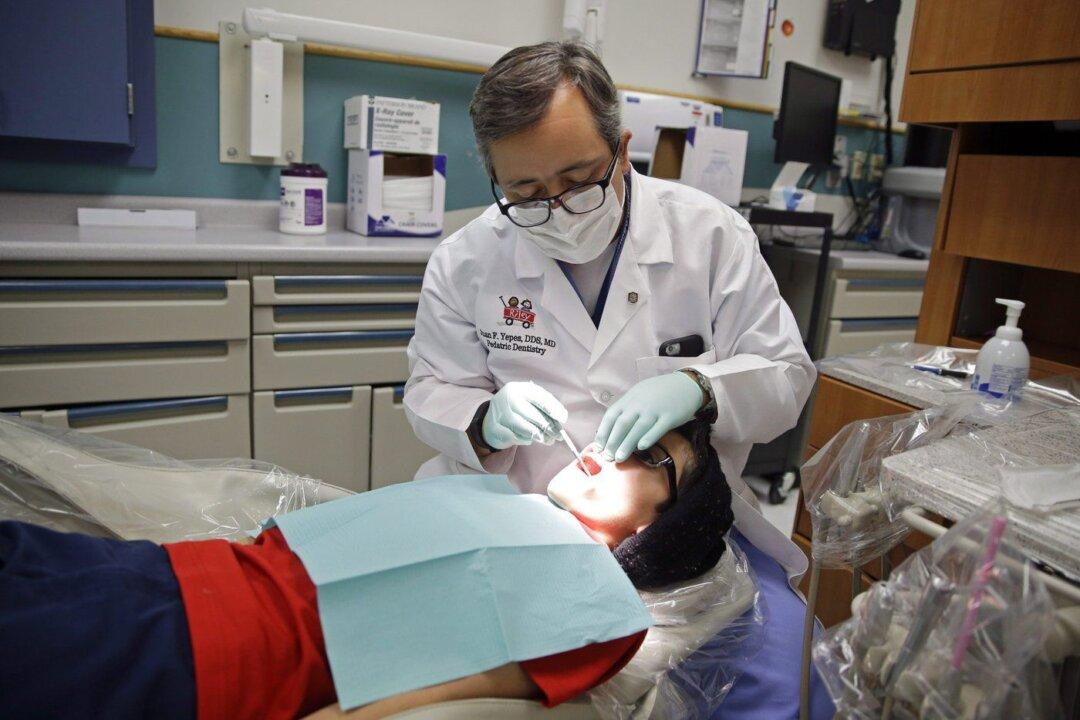Parents can apply with the Canada Revenue Agency starting today to receive the children’s dental benefit that the federal Liberals say is intended to provide cost-of-living relief to low-income Canadians but that critics say is a drop in the bucket.
The benefit, to be used toward dental services, is available for children under 12 in families that earn less than $90,000 a year and ranges from $260 to $650 per child depending on net income.





